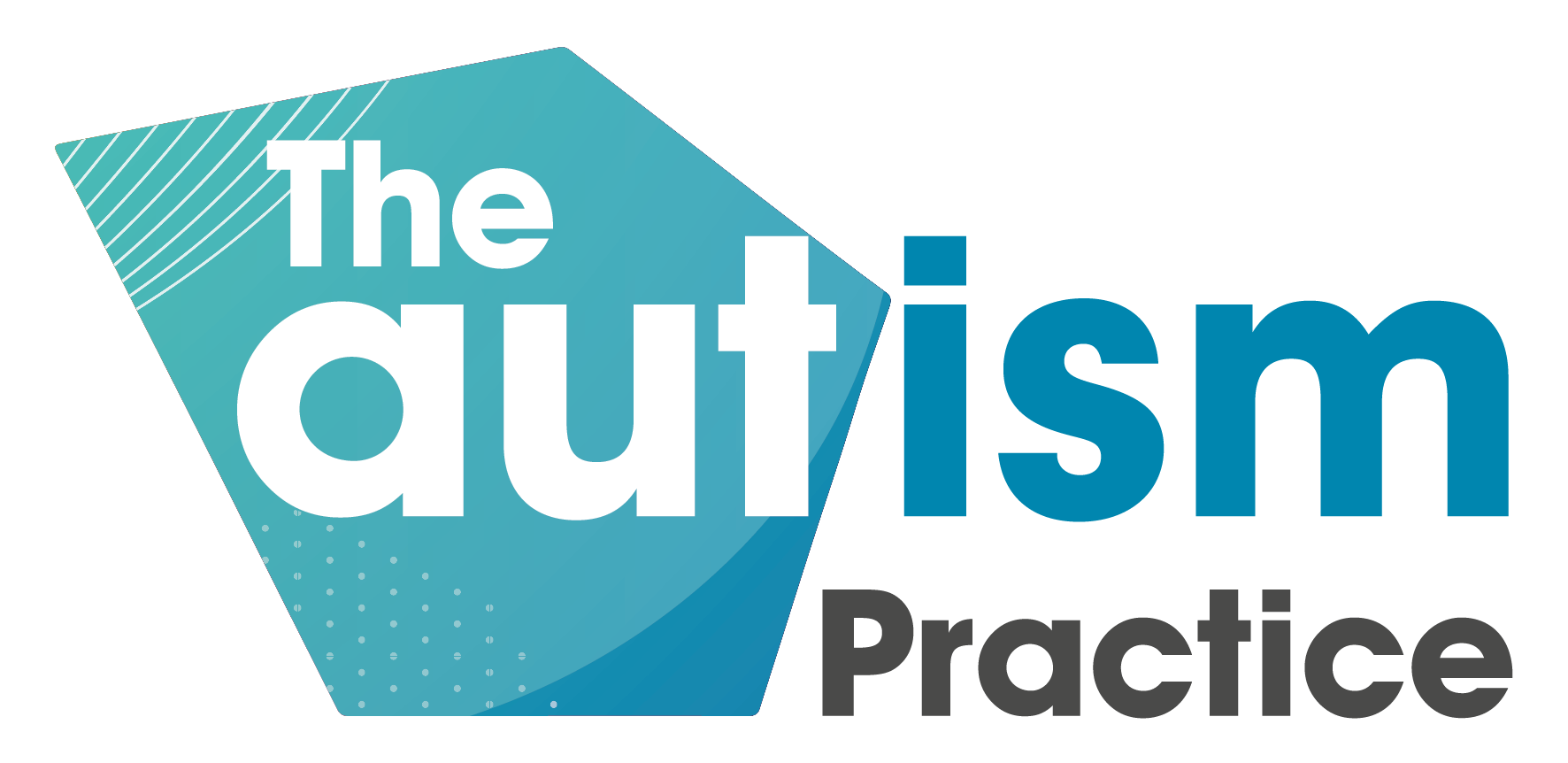Psychological Therapy and Intervention
How can we help? - What can we help with? - Therapies and Approaches - How do we work? - Fees
We provide psychological therapy and support to neurodiverse adults, children, and young people. This includes those with a diagnosis of autism and/or ADHD. Our services can be accessed by those without a diagnosis, and we work with adults, children, and young people who may query whether they are autistic or have ADHD, view themselves as neurodiverse, or are likely neurodiverse but may not meet full diagnostic criterion, regardless of whether they have a diagnosis.
We offer post-assessment support and psychological therapy and intervention for individuals experiencing mental health difficulties, trauma, and emotional difficulties. We also offer support and intervention for children and young people who present with behavioural difficulties.
Issues we work with include:
- Anxiety and Panic
- Low Mood and Depression
- OCD
- PTSD, Trauma, and Developmental Trauma
- Self-esteem
- Stress
- Anger
- Behavioural Difficulties / Challenging Behaviour
- Understanding and expressing emotions / Emotional literacy
- Grief and Loss
We specialise in tailoring psychological intervention and support to meet the needs of children, young people, and adults with neurodevelopmental conditions. We draw upon different therapies depending on the individual and the issues they are seeking support with.
These include:
- Cognitive-Behavioural Therapy
- Eye Movement Desensitisation and Reprocessing Therapy (EMDR)
- Acceptance and Commitment Therapy (ACT)
- Compassion Focussed Therapy
- Mindfulness
- Attachment-Focused Approaches
- Positive Behaviour Support (PBS)
All psychological therapy or intervention starts with a 50-minute initial appointment to find more about the concerns and issues you or your child are experiencing and think about what approach may be most helpful. This is also an opportunity for you to meet us and get a sense of how we work and whether this feels a good fit for you or your child.
We have two pathways for offering psychological therapy and intervention. These pathways are informed by an individual’s needs and what support someone is seeking. We will advise which approach is likely mostly helpful either at the time of your initial enquiry, or at the initial appointment if further information is needed to be able to advise which pathway will likely best meet your needs.
- Clinical Psychology (Fee: £130 per 50-minute session)
Clinical Psychology sessions are with one of our Clinical Psychologists usually on a weekly or fortnightly basis. Clinical Psychologists work with a range of mental health problems and emotional needs to try and reduce distress and support psychological and emotional wellbeing. Clinical Psychologists can draw upon a range of psychological therapies and approaches when working with individuals and families.
As Clinical Psychologists we draw upon psychological formulation – a way of developing a shared understanding of your or your child’s issues and needs. This shared understanding informs intervention and therapy to work collaboratively with you and support change.
Clinical Psychology sessions can support those who are experiencing mental health difficulties, trauma, and other psychological and emotional difficulties, including those who may have more complex and longer-term needs. Clinical Psychology sessions can also be helpful to those wishing to develop their understanding of their mental health, emotions, and behaviour.
- Early Support (Fee: £60 per 50-minute session)
Early Support intervention sessions are provided by one of our Assistant Psychologists who works directly with you or your child. Early Support is typically appropriate where issues are considered less complex. Our Assistant Psychologists work under the supervision of our Clinical Psychologists, thinking about someone’s needs and the work together, though the work itself is delivered by our Assistant Psychologist.
Early Support intervention sessions are usually completed in blocks of 6-8 or 10-12 sessions depending on need, though sessions are booked and paid for session-by-session. Appointments are typically weekly or fortnightly.
Early Support intervention often focuses on supporting an individual’s understanding and learning strategies for improving emotional wellbeing to then put these into practice in their lives with support from those around them.
Early Support intervention sessions may be appropriate for those wishing to address a specific phobia, milder difficulties with anxiety and mood, for children and young people needing support to understand and manage emotions such as anger and anxiety, and for those wishing to develop their self-esteem and manage day-to-day stress.
